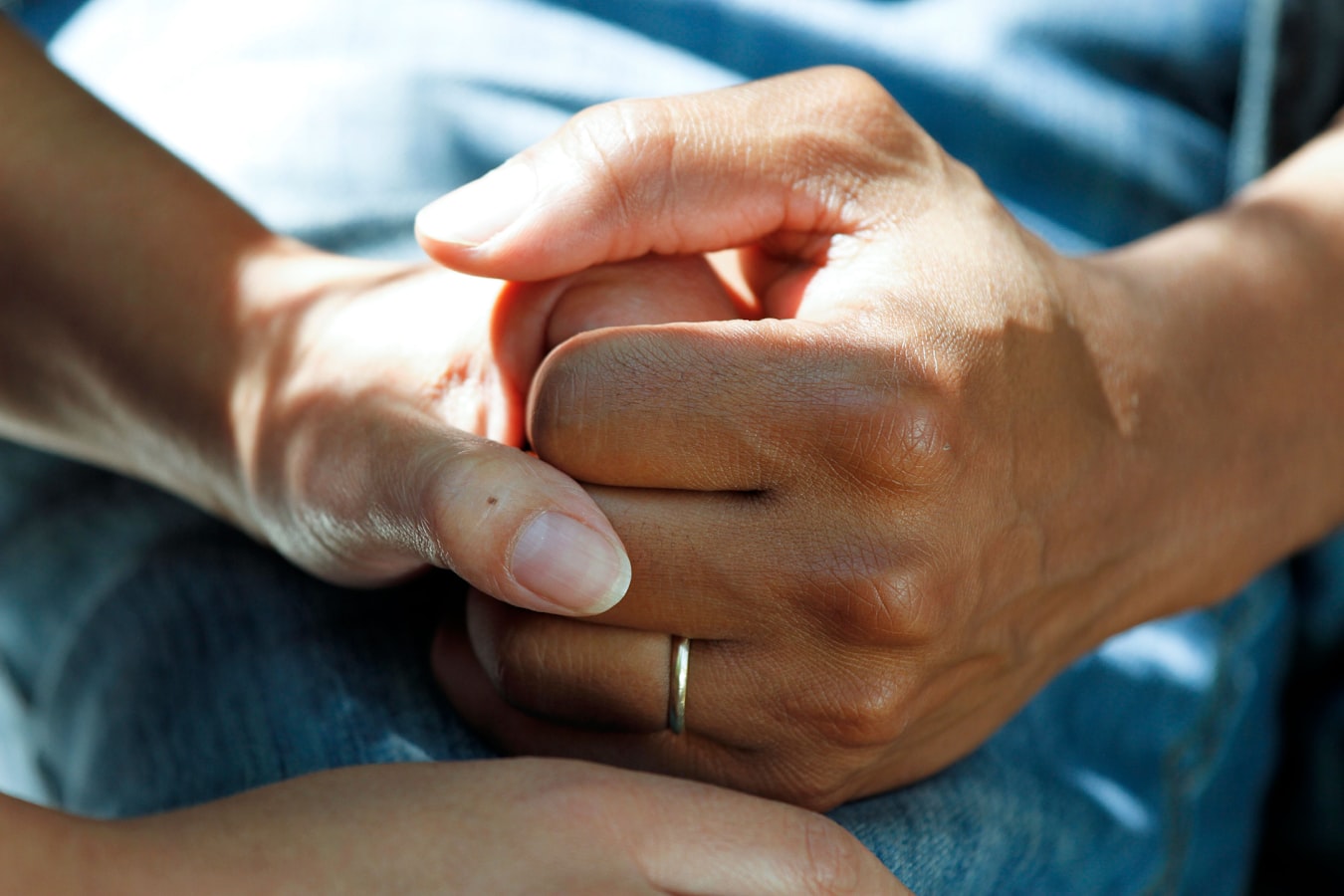The internationalisation of Melbourne’s iconic spring racing carnival owes much of its success to Australia’s equine biosecurity arrangements.
Minister for Agriculture, Senator Bridget McKenzie, said the Department of Agriculture’s biosecurity team worked with the Werribee International Horse Centre to boost the numbers of high class overseas gallopers in races like the Melbourne Cup while protecting industry.
Twenty-two horses from Europe and Japan entered Werribee this weekend for 14 days of quarantine and testing while they continue training for the spring carnival riches.
“Australian thoroughbred racing and breeding contributes more than $9 billion to the national economy and employs about 160,000 people-most of those in regional areas,” Minister McKenzie said today from Werribee.
“And we know that the race that stops a nation also stops the world.
“The stakes are high, which is why our partnerships with industry through facilities like the Werribee International Horse Centre and our Post Entry Quarantine centre at Mickleham are so important.
“High levels of biosecurity and stringent quarantine are critical to ensure industry remains ahead of the pack while protecting the wider Australian horse population as well as our community from exotic pests and diseases.
“The Australian Government wants our thoroughbred racing and breeding industry to thrive in what is now a truly internationally competitive marketplace, but that can only happen by working closely with industry to manage biosecurity risks.”
Numerous previous Melbourne Cup winners have spent time in quarantine at Werribee including Cross Counter, Rekindling, Americain and crowd favourite Dunaden.
Minister McKenzie also highlighted the role of the department’s Mickleham facility, north of Melbourne, which last month released Northern Hemisphere shuttle stallions for this year’s Australian breeding season.
“Allowing local breeders to have access to highly sought-after international bloodlines has been one of the great success stories of this industry,” Minister McKenzie said.
“Australian racegoers and breeders owe a huge debt to the pioneers of the shuttle sire concept because it has given us champions like Winx and Black Caviar.
“But we can’t have a viable racing and breeding industry without a strong biosecurity system. We never want a repeat of what happened in 2007 when Equine Influenza devastated the industry.
“There are a number of horse diseases not present in Australia and the biosecurity process is one aspect of the many controls we have in place to prevent the transmission of these dangerous diseases to the Australian horse population.”






